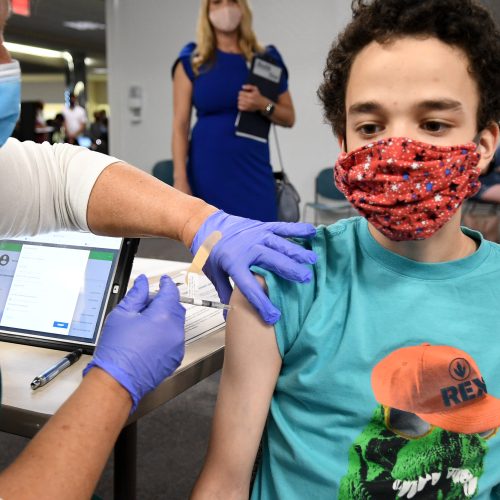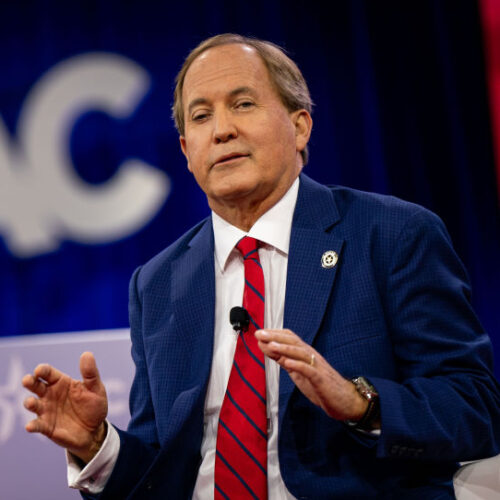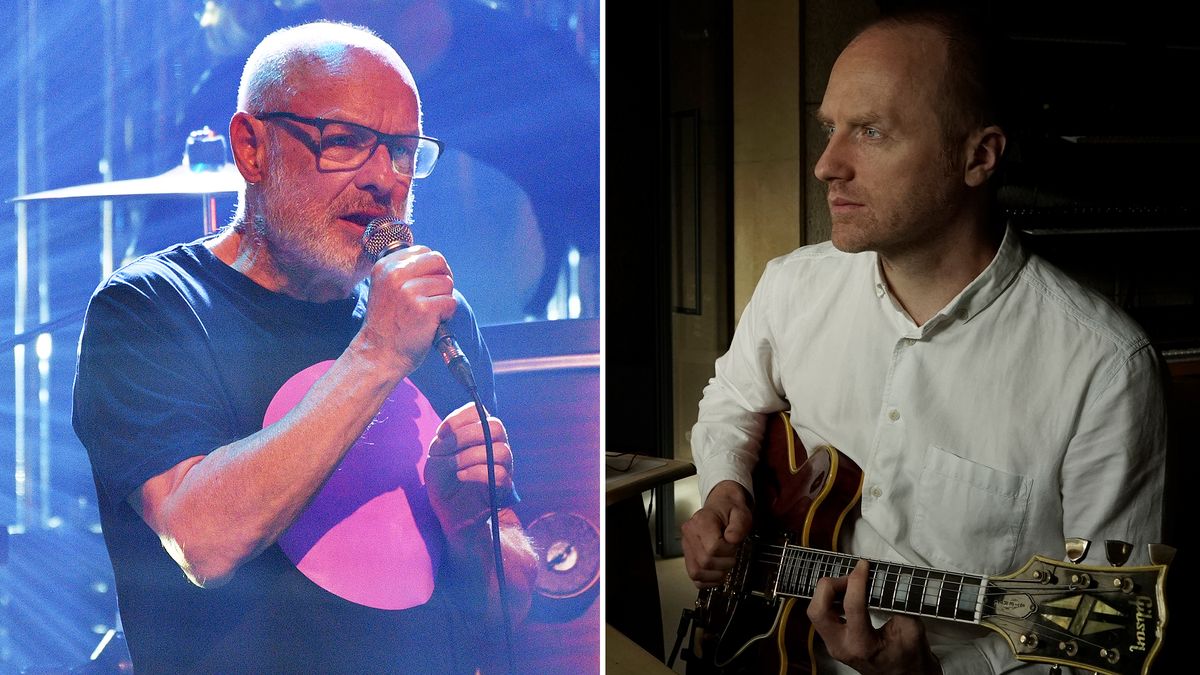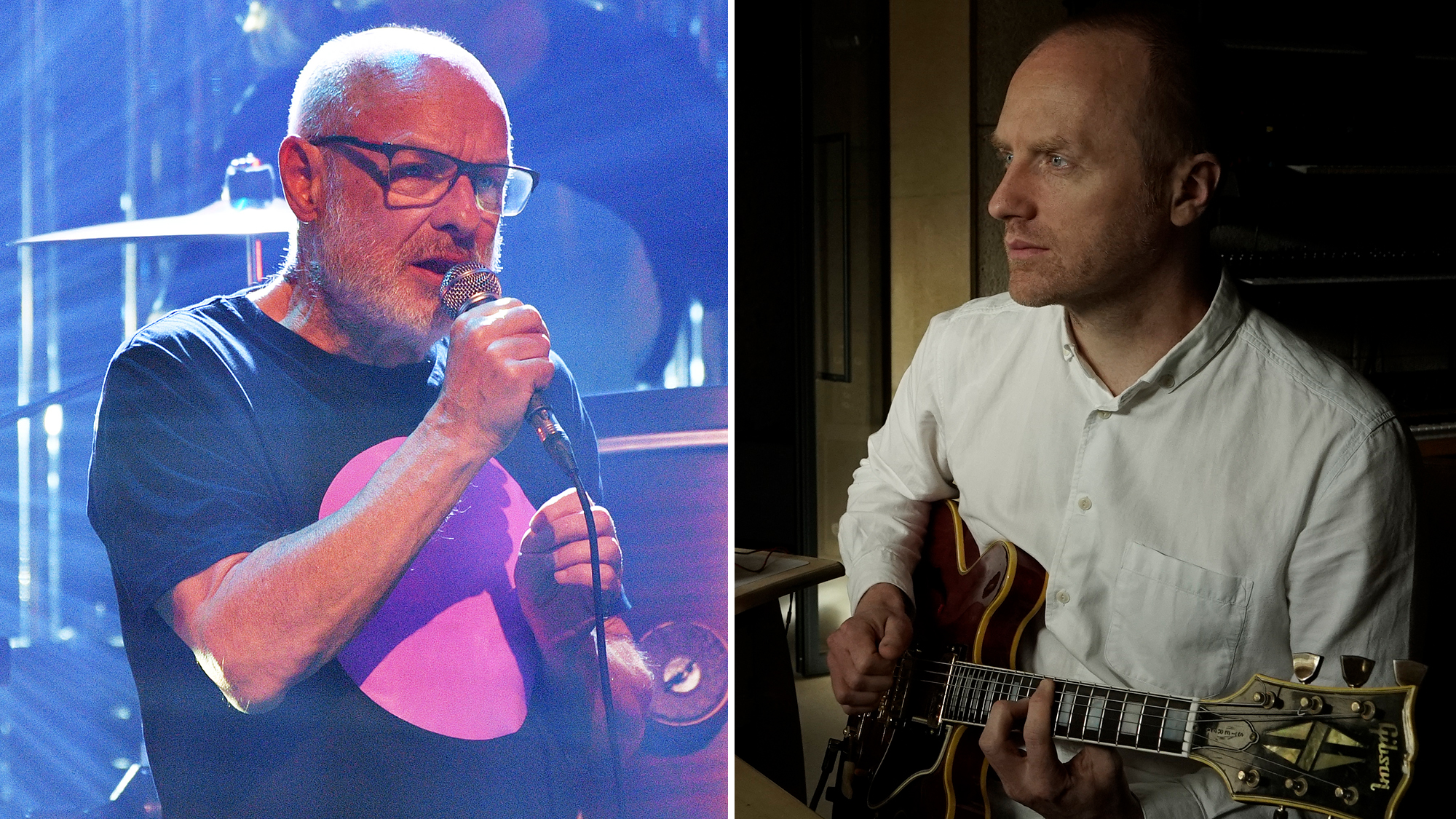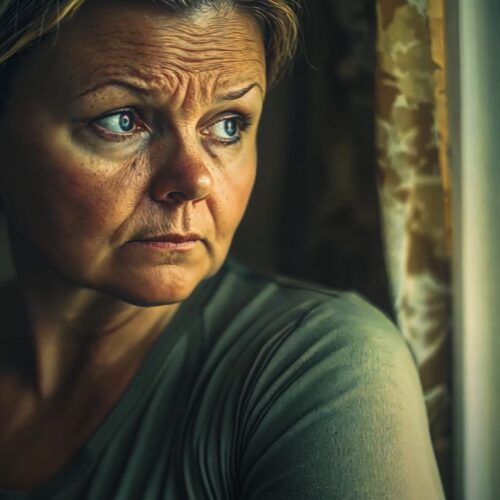From Pulp singer Jarvis Cocker to Imogen Heap, Regina Spector and Brian Eno, English guitarist and producer Leo Abrahams has worked with an intriguing cast of artists.
While it was Heap who gave him his break – Abrahams joined her touring band while he was still studying at the Royal Academy of Music – it was his work with regular U2 collaborator Eno that saw him truly break the mold. The story of how they met has since become the stuff of legend.
There’s a famous Eno quote floating around the internet about their chance meeting in a London guitar store, where he reportedly noted: “I spotted him trying out a guitar, the first I’ve ever seen in a guitar shop who wasn’t playing Stairway to Heaven, so I thought he must be good.”
Of course, the old adage goes that the likes of Stairway, Smoke on the Water, and Sweet Child O’ Mine are banned from being played in guitar stores. But how true is the tale?
“There used to be a second-hand musical instrument store in Notting Hill Gate, which I would frequent quite often in the late 1990s and early 2000s,” Abrahams tells Guitar World in a new interview.
“I was testing the intonation on a guitar one day, and Brian walked in. I’d just been listening to his music the night before, and I remember thinking, ‘Don’t panic, just keep doing what you’re doing, maybe he’ll come over.’ Sure enough, he did.”
The next thing Abrahams knew, he was in the studio with Eno and German composer J. Peter Schwalm, working with the pair on their 2001 LP, Drawn from Life.
“That was the first session he called me for,” Abrahams continues. “I had been stressing about what to bring, but when I arrived, I saw that he’d already set everything up: a nice-looking Strat going into an [EHX] Pog. I picked the guitar up and found that it was radically out of tune, and the strings were virtually hanging off it.”
Abrahams was left feeling that the guitar’s less-than-perfect condition was intentional. After all, he was spotted testing the rigors of an electric guitar when Eno first laid eyes on him. Soon the truth unveiled itself to him.
“Assuming it was some kind of test or Oblique Strategy [the composer’s hack for beating writer’s block by encouraging lateral thinking], I asked him to start the track and did my best to play. He seemed happy enough with it, and when he loaded up the second track, I meekly asked if I could play my own guitar. He said, ‘Yes, of course. I didn’t expect you to play that thing, I was just using it to test the line!’”
Rising Dust and Intenser were the only contributions he made to the record, but Abrahams would never be far away from Eno’s work. Whenever his solo efforts needed guitar – like 2005’s Another Day on Earth and Everything That Happens Will Happen Today three years later – Eno would give Abrahams a call.
Away from his tireless solo career, Eno helped transform U2 into stadium rock giants, producing their breakthrough records Joshua Tree and Achtung Baby.
However, he wasn’t always the shining light. The producer wanted to bin Where the Streets Have No Name and With or Without You, only for the Edge’s love of an obscure Fender gem helping save the songs from the cutting room floor.



